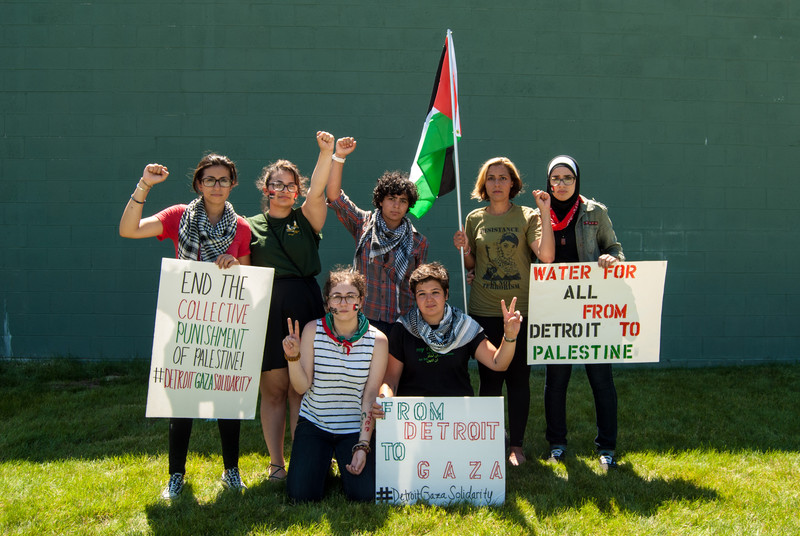
Embedded within each of the three goals of the Palestinian call for Boycott, Divestment, and Sanctions (BDS)–the right of return for refugees, full legal equality within Israel, and an end to occupation and colonization of Palestinian land—is an appeal to … Continue reading “Strengthening Anti-Racist Politics within BDS”
2021 The Art of Women’s Struggles Is the Art of Building Community and Making Alternative History (8 articles) 2020 Control Societies @ 30: Technopolitical Forces and Ontologies of Difference (6 Articles) 2020 (16 Articles) On the Work of Kevin Killian … Continue reading “Periscope Archive Sidebar”
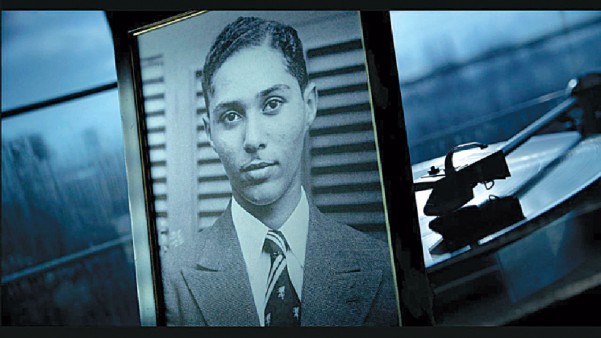
I never met Stuart Hall, or even saw him speak in person, which seems surprising now that he is gone — there must have been opportunities I missed — but also somehow appropriate. I only knew him through his … Continue reading “All Blues”
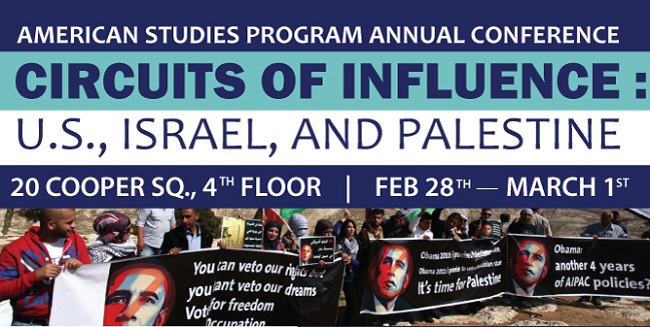
Rumor has it that the American Studies Association is going down in flames. Since our membership voted by a 2 to 1 margin last fall to join the academic boycott of Israeli universities, the mainstream and tabloid press have … Continue reading “Circuits of Influence”
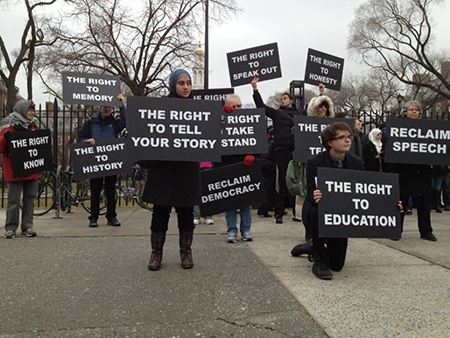
It was not as though there was a Palestinian people in Palestine considering itself as a Palestinian people and we came and threw them out and took their country away from them. They did not exist. — Golda Meir in 1969, … Continue reading “Conversation and Its Discontents”

As an Asian American studies scholar informed by Critical Indigenous studies and American studies, I attend the annual meetings of the American Studies Association (ASA), Association for Asian American Studies (AAAS), and the Native American and Indigenous Studies Association … Continue reading “Alternative Futures Beyond the Settler State”
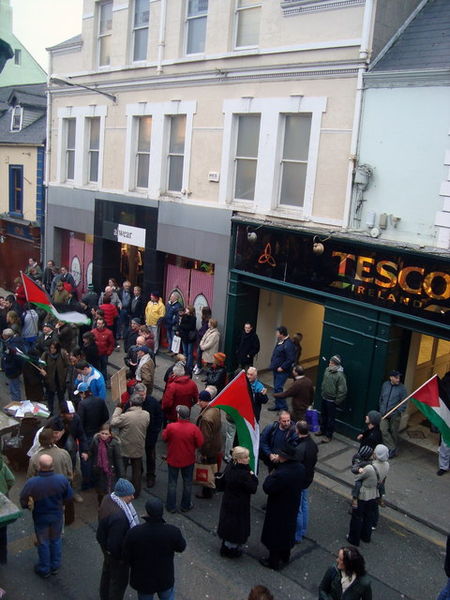
A boycott is a difficult and demanding political tactic. To understand the logic of boycott politics, especially in relation to the Palestinian campaign for a cultural and academic boycott of Israel, one needs to locate it within a broader … Continue reading “Historicizing Palestinian Boycott Politics”
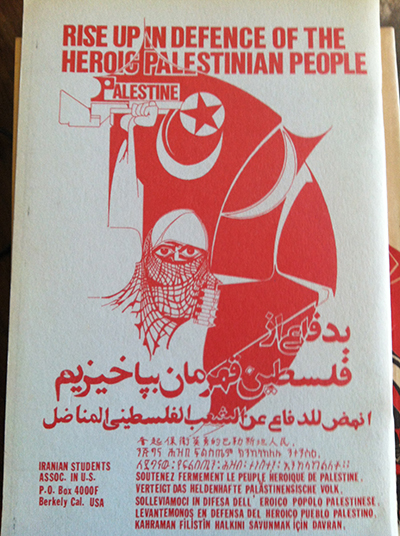
The archives of Howard University’s student newspaper The Hilltop might seem an unlikely place to find evidence of a revolutionary Iranian student movement in the U.S. Yet the rowdy bunch of Iranian foreign students enrolled in the 1960s and … Continue reading “New Directions in American Studies”
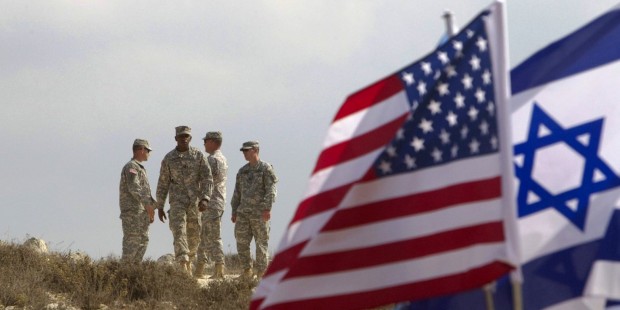
Over the last few years, Israel and Palestine have become major topics of interest and debate for scholars who do American Studies. This is evident in burgeoning comparative analyses of settler colonialisms, militarized borders, intersections of racialization and revolutionary … Continue reading “Comparing American and Israeli Ways of War”
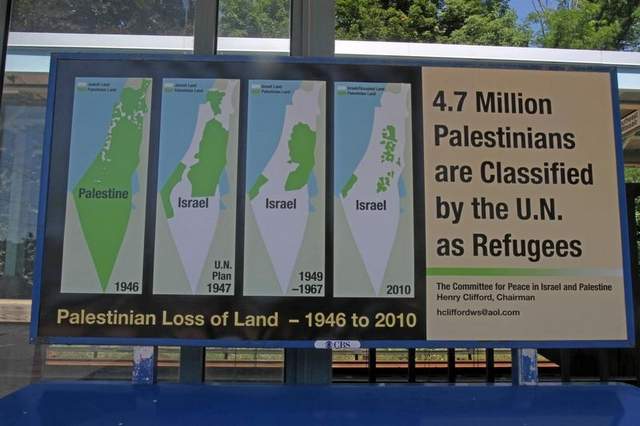
An important achievement of the Boycott, Divestment, and Sanctions movement has been to help render the Question of Palestine more legible by releasing it from the framework of conflict resolution that has thus far dominated the peace process, the … Continue reading “Back to History and Judgment”
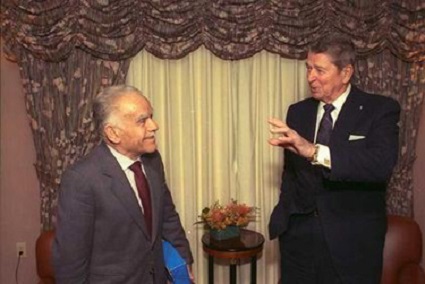
The U.S./Israel special relationship is at once affective, geopolitically strategic, and rooted in economics. In this essay I suggest that the neo-liberalization of the U.S. economy during the Reagan administration was tied to the formation of international free trade … Continue reading “Peace Dividends”
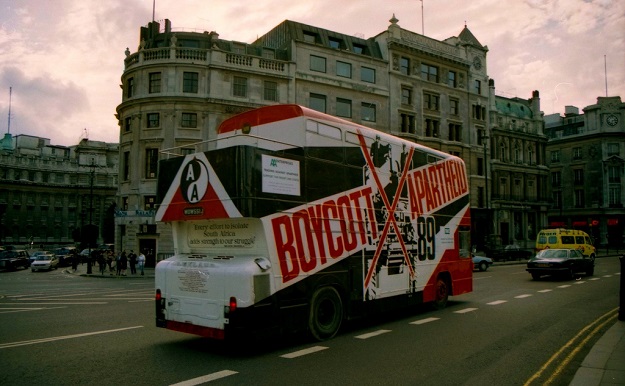
Ilya Schapiro of the right-wing Cato Institute recently appeared on Chris Hayes’ show on MSNBC to defend Arizona bill SB 1062 that would have allowed merchants to refuse service to LGBTQ customers under the guise of “religious freedom.” Schapiro … Continue reading “Locke Down on BDS?”
American Studies Association President-Elect and NYU Professor of Social and Cultural Analysis, Lisa Duggan offers background on the “virtual vitriol” that surrounded a recent NYU graduate student conference, “Circuits of Influence: U.S., Israel, Palestine.” Her post appears here in anticipation … Continue reading “Circuits of Influence”
The Center for Place, Culture, and Politics at The Graduate Center at CUNY hosts: BDS AND ACADEMIC FREEDOM: A Panel Discussion With Bill Mullen (Purdue), Radhika Sainath (Palestine Solidarity Legal Support), Sherry Wolf (International Socialists Review), ST Collective Member and Web … Continue reading “BDS and Academic Freedom”
Social Text Collective Member Ashley Dawson joins David Harvey, Faris Al-Ahmad Zwiran, and Rasha Arabi of the CUNY Graduate Center and Ali Issa of the War Resisters League and Jadaliyya for a panel discussion co-sponsored by the Center for Place, Culture, and … Continue reading “The War Here and Abroad: CUNY and U.S. Empire”












